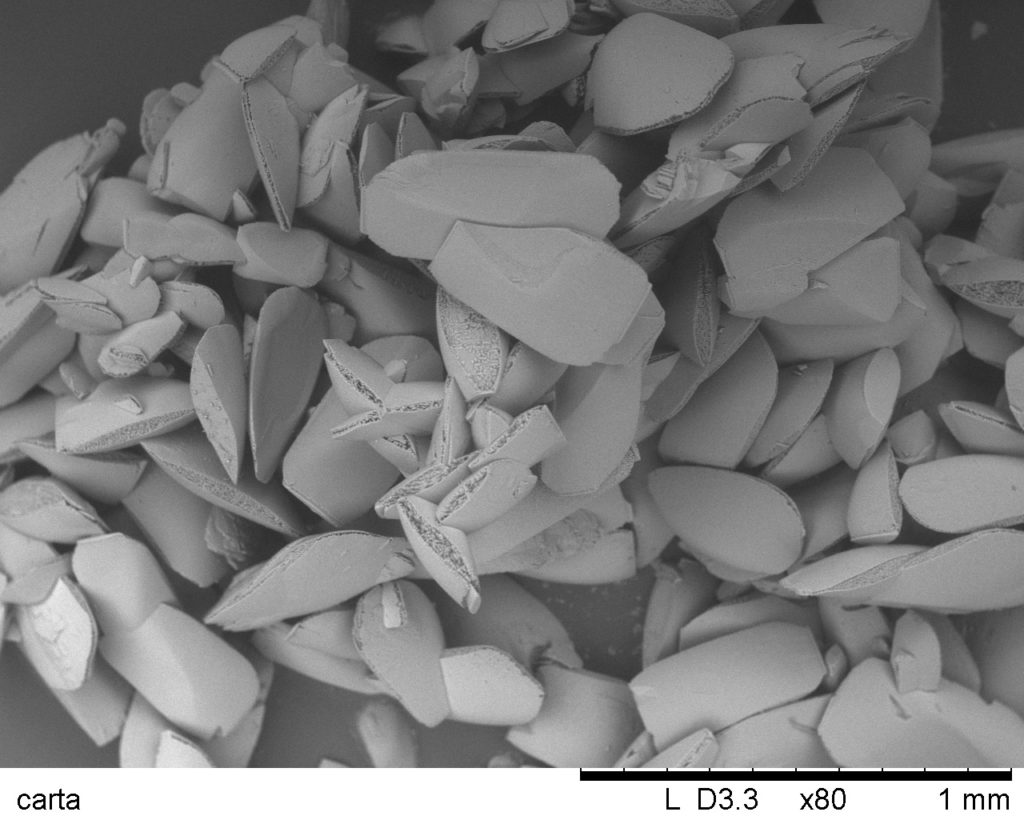- It is the result of the European research project STABIWINE.
The new product developed and tested will reduce the energy consumption in the cellars.As a result of the research carried out within the European STABIWINE project, in which the Aroma and Oenology Analysis Laboratory (LAAE) of the University of Zaragoza and the Agri-Food Institute of Aragon (IA2) participated decisively, the European Union authorized last week the use of a new oenological practice.The oenological practice is based on the use of potassium polyaspartate (KPA), developed from the research carried out in the STABIWINE project. The objective of the product is to stabilize the wines and avoid the appearance of tartaric salts. The stabilization practices that were available so far were effective, but they had an impact on the quality of the wine, production costs and the environment. KPA is a biopolymer produced from renewable sources and by-products of the food industry. The use of the KPA will allow the wineries to reduce their environmental impact by replacing the cold stabilization, which causes a large energy consumption, by the simple addition of this biopolymer.
The LAAE worked during the project to demonstrate the effectiveness for the stabilization of the KPA and its respect for the sensory quality of the wine. For this, it counted on the collaboration of several warehouses of the D.O. Cariñena. The project also invested a large amount of its economic resources in ensuring the safety of KPA for the health of consumers. The authorization granted by the European Union joins the one that the International Organization of Vine and Wine made at the beginning of the year. With these authorizations the product has already begun to be marketed by the company of enological products Enartis.
The identification and study of the best biopolymers for wine making was the aim of the European STABIWINE project in which different associations of European producers collaborated, among which was the Regulatory Council of the Spanish Denomination of Origin Cariñena and research centers of France, Italy and Australia, in addition to the University of Zaragoza. The consortium of the project was completed with the Italian company Esseco, in charge of the exploitation of the results of the project and by the divulgation company Vinidea.
The project was developed within the Seventh Framework Program of the European Union managed by the REA – Research Executive Agency – under contract n. 314903; started in September 2012 and was completed by the end of 2015.
Contact: Ricardo López (ricjlopez@gmail.com)


